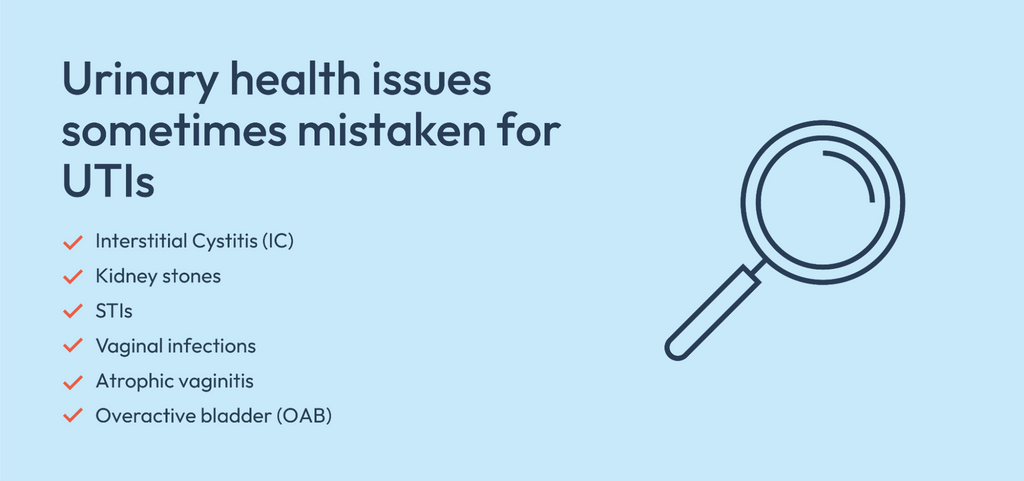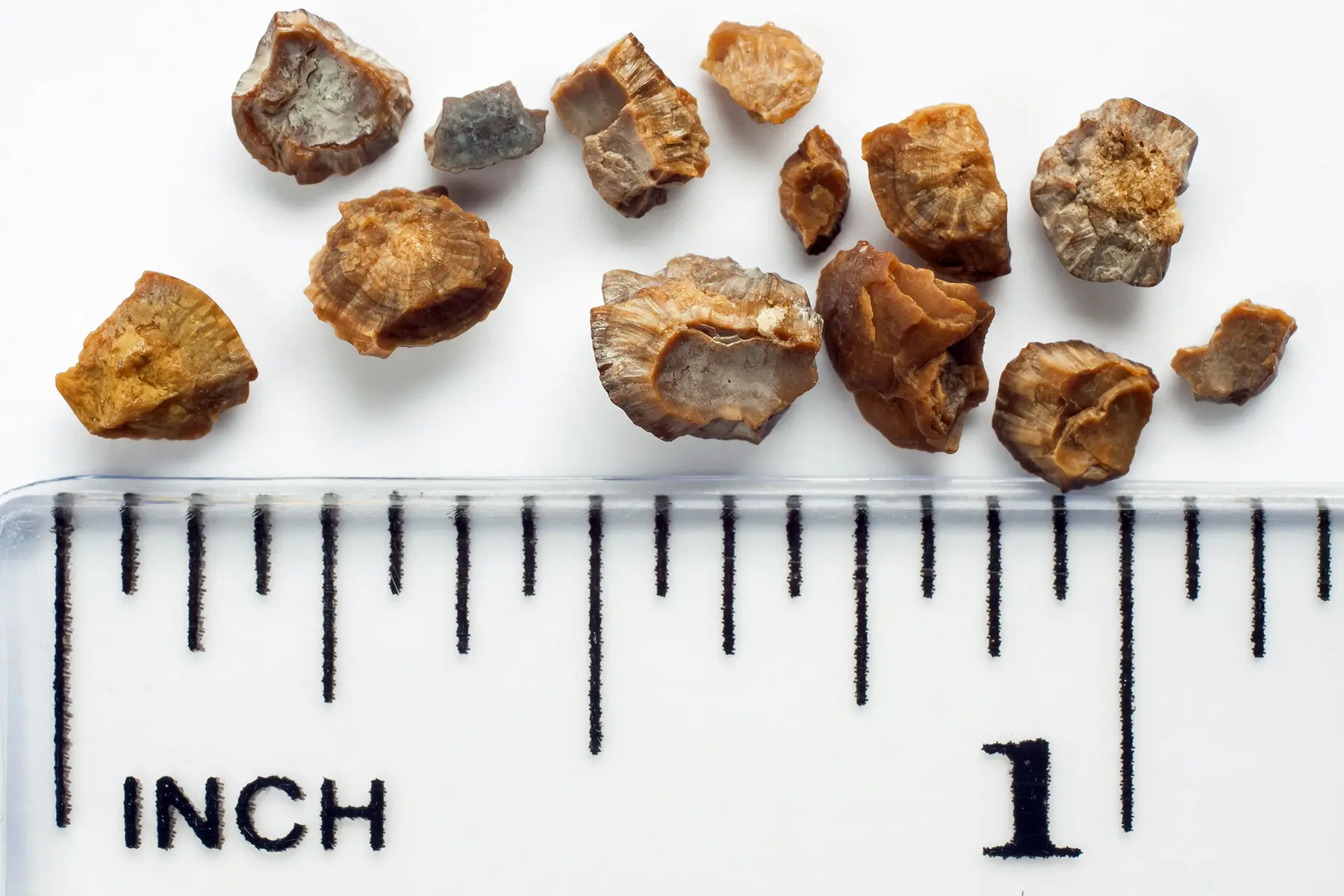Contrasting Kidney Stones vs UTI: What You Required to Understand About Their Effect On Health and wellness
Contrasting Kidney Stones vs UTI: What You Required to Understand About Their Effect On Health and wellness
Blog Article
Recognizing the Key Distinctions In Between Kidney Stones and Urinary System Infections: A Thorough Overview for Patients
Comprehending the distinctions between kidney stones and urinary tract infections (UTIs) is important for clients who may be experiencing similar symptoms yet face vastly different health challenges. While both conditions can manifest pain in the reduced abdominal area or back, their hidden reasons, diagnostic approaches, and therapy protocols diverge substantially. A nuanced understanding of these distinctions not only help in exact self-assessment however also notifies conversations with doctor. As we check out these vital aspects, it ends up being clear that acknowledging the special features of each problem can exceptionally impact patient end results. What may be the most effective approach to addressing these distinctions?
Review of Kidney Stones
The formation of kidney stones, a unpleasant and usually debilitating condition, emphasizes the critical significance of preserving kidney wellness. The key kinds of kidney stones include calcium oxalate, calcium phosphate, uric acid, struvite, and cystine stones, each with distinct causes and danger aspects.
A number of elements contribute to the formation of kidney stones. In addition, metabolic problems and specific medical conditions may incline people to stone formation.
Symptoms of kidney stones can consist of serious flank hematuria, nausea or vomiting, and pain, which commonly prompt urgent medical evaluation. Treatment alternatives vary, ranging from boosted fluid consumption and nutritional adjustments to medical treatments such as lithotripsy or medical removal, depending on the dimension and location of the stones. Comprehending these aspects is important for effective avoidance and management.
Review of Urinary System Tract Infections
Urinary system infections (UTIs) stand for a common yet substantial health worry, influencing millions of individuals every year. These infections take place when bacteria get in the urinary system, which includes the kidneys, ureters, bladder, and urethra.
The danger variables for developing a UTI include sex-related task, certain sorts of contraception, urinary system retention, and a history of previous infections. Individuals with weakened pre-existing conditions or immune systems, such as diabetic issues, might additionally be at greater danger. UTIs can be categorized into 2 main kinds: uncomplicated and complex. Uncomplicated UTIs are normally limited to the bladder and are much more usual in healthy and balanced individuals, while complicated UTIs may involve the kidneys and occur in those with underlying wellness issues.
Motivate medical diagnosis and therapy are essential to prevent complications, such as reoccurring infections or kidney damage (Kidney Stones vs UTI). Generally, UTIs are treated with antibiotics, and safety nets can be utilized for those with frequent occurrences
Usual Signs And Symptoms Contrast
Signs of urinary tract infections and kidney stones can commonly overlap, causing confusion in diagnosis. Both problems can provide with pain in the reduced abdominal area or back, but the nature and area of the discomfort typically differ. In urinary system system infections (UTIs), clients generally experience a burning experience throughout urination, constant advises to urinate, and over cast or strong-smelling urine. On the other hand, kidney stones tend to cause severe, pain that radiates from the back to the lower abdominal area and groin, commonly referred to as colicky view publisher site pain.
Additionally, UTIs might be accompanied by high temperature and cools, especially in extra serious instances, while kidney stones can cause nausea and vomiting as a result of intense discomfort. Both problems can result in blood in the pee (hematuria), yet the existence of blood is extra typically connected with kidney stones. While discomfort throughout peeing is a hallmark of UTIs, kidney stones normally provide with even more sharp pain episodes, which may reoccur. Understanding these sign differences can aid clients in acknowledging their problem, although clinical assessment stays crucial for accurate diagnosis and treatment.
Diagnosis Techniques
Exactly how can healthcare specialists precisely distinguish in between kidney stones and urinary system system infections? The analysis procedure begins with a detailed case history and a detailed testimonial of the patient's symptoms. Medical professionals often perform a physical evaluation, which may reveal inflammation in the abdomen or flank region, guiding the diagnostic path.
Research laboratory examinations play a critical duty in comparing these two problems. Kidney Stones vs UTI. A urinalysis can recognize the existence he has a good point of blood, crystals, or germs, which are indicative of either problem. In situations of urinary system infections, the urinalysis might show a significant visibility of leukocyte and nitrites, while kidney stones might provide with particular crystals
Imaging studies, such as stomach ultrasound or computed tomography (CT) checks, are crucial for picturing kidney stones. These imaging strategies allow doctor to assess stone size, area, and prospective blockages in the urinary system. In comparison, urinary system infections usually do not require imaging unless issues are thought.
With each other, these diagnostic approaches equip medical care experts to accurately identify and differentiate in between kidney stones and urinary system infections, guaranteeing that people get appropriate treatment and administration.
Treatment Alternatives and Prevention
While both kidney stones and urinary system system infections (UTIs) require punctual treatment, their administration strategies differ considerably.
The treatment for kidney stones typically involves pain monitoring, hydration, and in many cases, clinical treatments such as extracorporeal shock wave lithotripsy (ESWL) or ureteroscopy to break or eliminate down stones. Clients are often recommended to enhance fluid intake to help with stone passage and reduce reoccurrence. Nutritional adjustments may additionally be needed, relying on the stone type.
In comparison, UTIs are mostly treated with antibiotics to eradicate the bacterial infection. The details antibiotic recommended relies on the microorganisms recognized and local resistance patterns. Added steps, such as enhanced liquid intake and urinary anesthetics, might help relieve symptoms.
Prevention approaches differ too; for kidney stones, keeping ample hydration and adhering to dietary limitations can be effective. For UTIs, preventive techniques consist of proper hygiene practices, peing after sexual intercourse, and potentially preventative prescription antibiotics for persistent infections. Recognizing these therapy and avoidance techniques is necessary for effective administration and to minimize the threat of issues connected with both conditions.
Conclusion

Comprehending look at this now the distinctions between kidney stones and urinary system tract infections (UTIs) is crucial for individuals who might be experiencing comparable signs yet encounter greatly various health and wellness challenges. The main kinds of kidney stones consist of calcium oxalate, calcium phosphate, uric acid, struvite, and cystine stones, each with unique reasons and risk variables.

Report this page